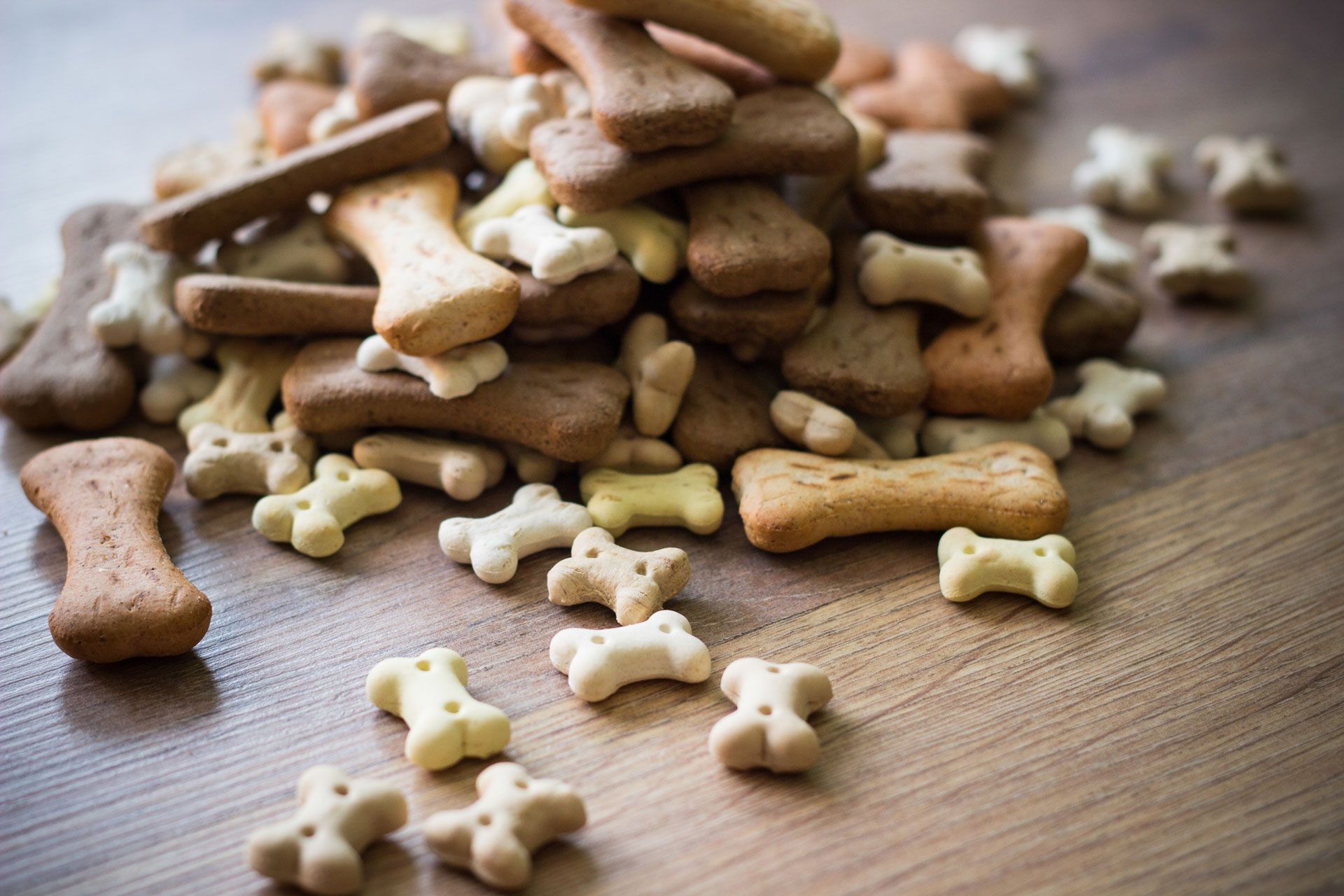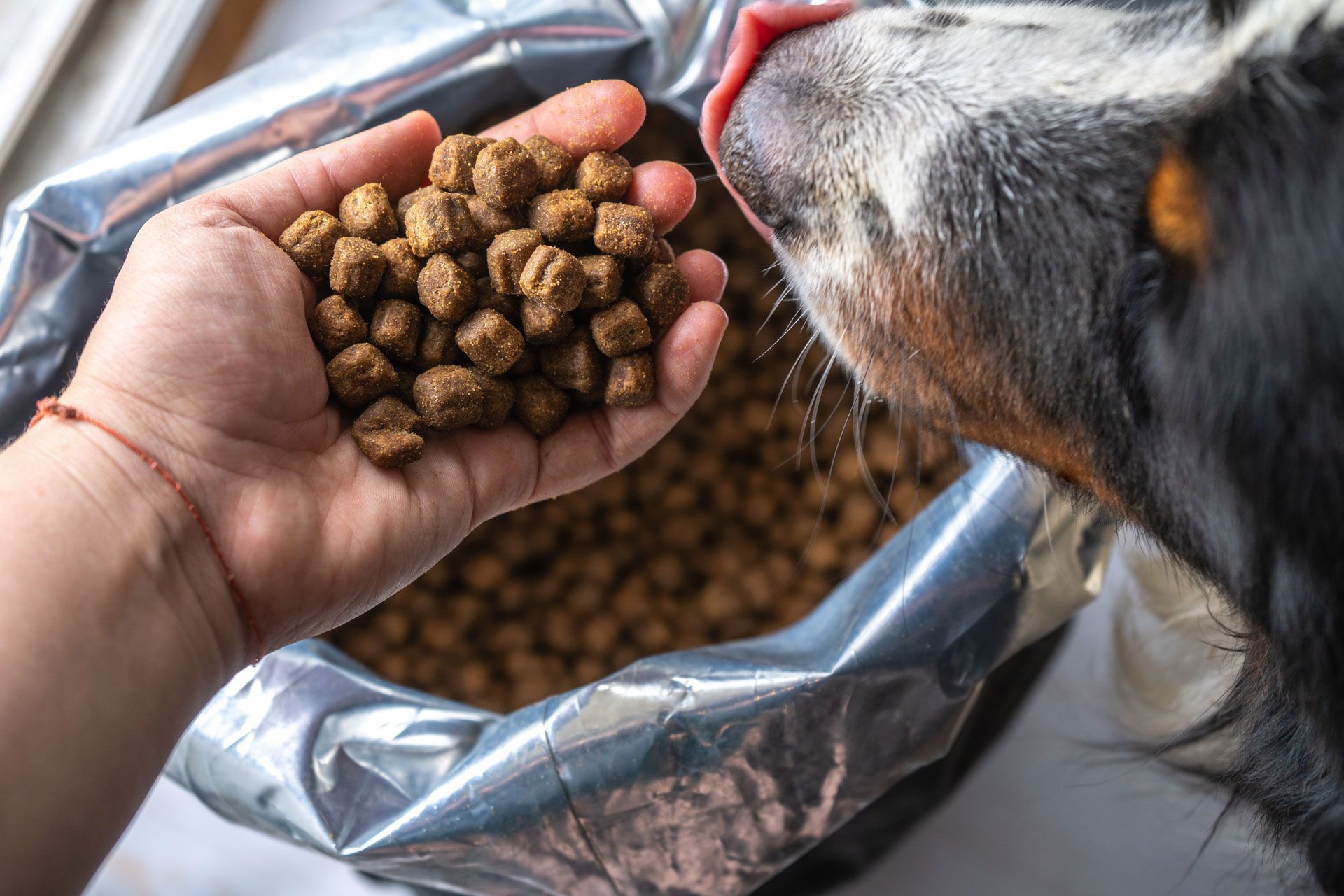Food Donations for Animal Shelters in Wisconsin
Food is one of the most basic but critical needs for every animal in a shelter. At Pawsitive Animal Welfare Society in Wisconsin, we work to connect caring community members with shelters that rely on food donations to sustain the animals in their care. Every bag of kibble, can of wet food, or specialized diet formula directly improves the health, comfort, and well-being of pets waiting for adoption.
Why Food Donations Are Vital for Wisconsin Shelters
Animal shelters across Wisconsin face daily challenges when it comes to feeding the pets they rescue. Many animals arrive malnourished, while others require special diets due to age or medical conditions. Without consistent food supplies, shelters struggle to meet these varying needs.
Food donations not only keep animals fed but also give shelters the ability to stretch their budgets further. Instead of spending heavily on pet food, shelters can redirect funds toward medical treatments, adoption outreach, and shelter maintenance. Every food contribution helps strengthen the overall care system for rescued animals.
Types of Food Most Needed
At Pawsitive Animal Welfare Society, we help ensure that food donations meet the real needs of shelters across Wisconsin. By contributing the right types of food, donors can make a lasting difference in the lives of shelter animals.
Dry Kibble
High-quality dry food is always in demand, as it provides balanced nutrition for both dogs and cats.
Wet and Canned Food
Many rescued animals have sensitive teeth, are recovering from illness, or simply need softer food. Wet food provides them with nourishment and hydration.
Special Diet Formulas
Some animals require grain-free, high-protein, or prescription diets. Donations of specialty foods ensure these pets receive the exact nutrition they need.
Puppy and Kitten Food
Young animals need extra calories and nutrients to grow healthy and strong. These foods are essential for newborns and young rescues.
Treats and Supplements
Healthy treats, vitamins, and supplements improve overall well-being, making animals happier and more adoptable.
How Pawsitive Animal Welfare Society Distributes Food Donations
We act as a bridge between donors and shelters across Wisconsin. By coordinating with local facilities, we identify the types of food most urgently needed. Donations are then directed to shelters where supplies are low, ensuring that every animal has access to balanced nutrition.
Food contributions may go toward daily feeding routines, emergency intake for malnourished rescues, or long-term care for animals with special health needs. Our structured distribution model guarantees that no food donation is wasted and that all resources go directly to the animals.
Ways to Contribute Food Donations
We understand that giving comes in many forms, and food donations can be made in different ways depending on individual preference.
Direct Drop-Offs
Community members can deliver food directly to our partnered shelters or collection sites across Wisconsin.
Online Orders
Many supporters choose to order food online and have it shipped directly to shelters. This makes giving simple and efficient.
Organized Food Drives
Schools, workplaces, and local organizations often run food drives. These events gather large quantities of supplies that go directly to shelters in need.
Monthly Contributions
Recurring food donations help ensure that shelters have a consistent supply, removing the uncertainty of shortages.
Feeding Hope, One Bowl at a Time
Every scoop of food represents hope for an animal waiting for its forever home. At Pawsitive Animal Welfare Society, we see food donations as more than just a necessity—they are a form of care, compassion, and dignity. By keeping animals nourished, donors are giving them the strength to heal, grow, and prepare for adoption.
Shelters cannot carry this responsibility alone. They rely on the generosity of community members to keep food bowls full and animals healthy. With your help, we can ensure that every rescued pet in Wisconsin is given the nutrition they need to thrive while they wait for a second chance at life.

